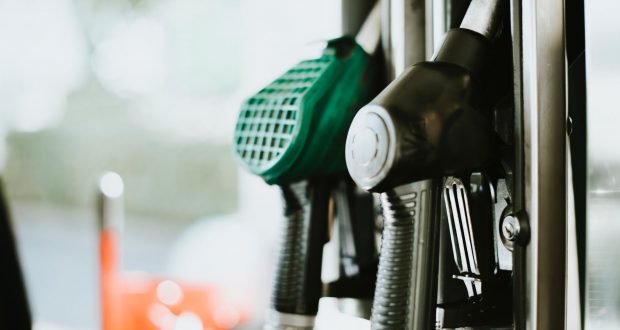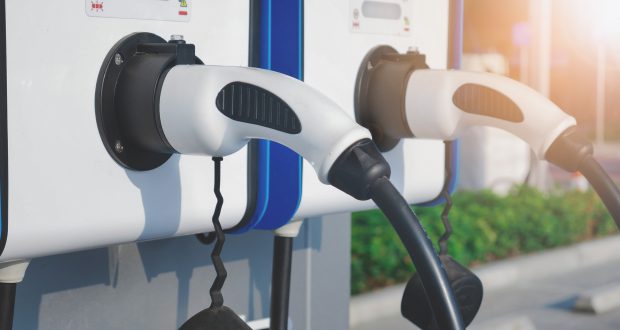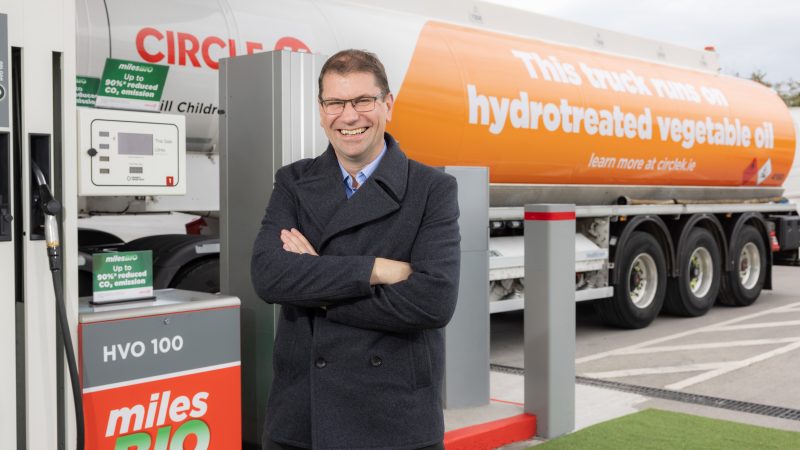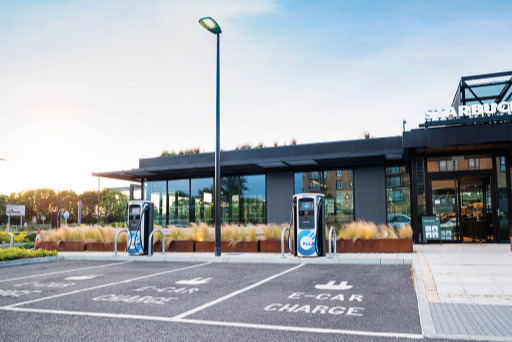The latest in Ireland’s forecourt and motor industries

Brexit impacting growth in the Irish forecourt market
The last year has been a mixed bag for the Irish forecourt and motor industry. The latest health check on the Irish economy painted an anything but rosy picture as Brexit uncertainty continues to hang over key industries. The euro lost some ground recently, moving between 85p and 88p sterling. Consequently, it seems as though Irish consumers have been extra cautious when approaching the motor market and forecourt industry.
However, it’s not all doom and gloom for the industry in Ireland. Whilst some forecourt services have seen a drop in revenue others have seen a resurgence with the introduction of new electric vehicles and revamped convenient stores.
The total number of car registrations in Ireland in January this year was 32288, compared to 37023 in January 2018, marking a -12.79 percent difference.
As diesel continues to receive a bashing in the media, diesel cars have consequently continued to lose favour with Irish consumers. At the start of this year, diesel vehicles were down in sales by almost 24 percent. Last year, around 40,375 units were purchased, compared to 30,921 this year. Petrol vehicles, too, also experienced a drop in sales of three percent.
However, sales of electric vehicles have rocketed to new heights. In 2018, 282 EV units were purchased, compared to 1,436 this year, equalling a whopping 409 percent increase. Manufacturing brands that have introduced electric vehicles to their catalogue are experiencing tremendous success, as more and more consumers are catching the electric car bug and recognising the enormous benefits that come with the forward-thinking vehicle.
In regards to forecourts, as some smaller businesses experience closures, forecourts that have places a greater priority on their food offering are thriving. Many forecourts in Ireland have moved beyond a petrol stop to serve as a destination for breakfast, lunch or dinner. Leading service station businesses like Maxol and Applegreen have invested in the creation of their own instore brands and to provide consumers with a variety of familiar foodservice options on their daily commutes.
More forecourts are investing in higher quality, consumer-facing coffee brands with the addition of branded counters and kiosks featuring cutting-edge bean-to-cup machines and to offer the customer a barista style coffee experience.
Last April Canadian fuel company Circle K bought over the Topaz network in Ireland. The company ended 2018 with 378 rebranded sites, dominating the market with almost a third of the overall share. However, Applegreen are not far behind with an additional 11 sites opening last year.
Texaco opened three more sites last year, starting 2019 with a 0.9 per cent market share increase from the year before. Whilst Campus and Great Gas have closed more doors, Top Oil, Emo, Inver and Morris Oils have opened new sites and experienced fluctuating market shares.
As the year progresses, forecourt convenient stores across Ireland continue to lead the way in modern design, up to date technology, and adaption to the contemporary food industry. It’s a sector in which Ireland compares favourably with any other region in Europe.








